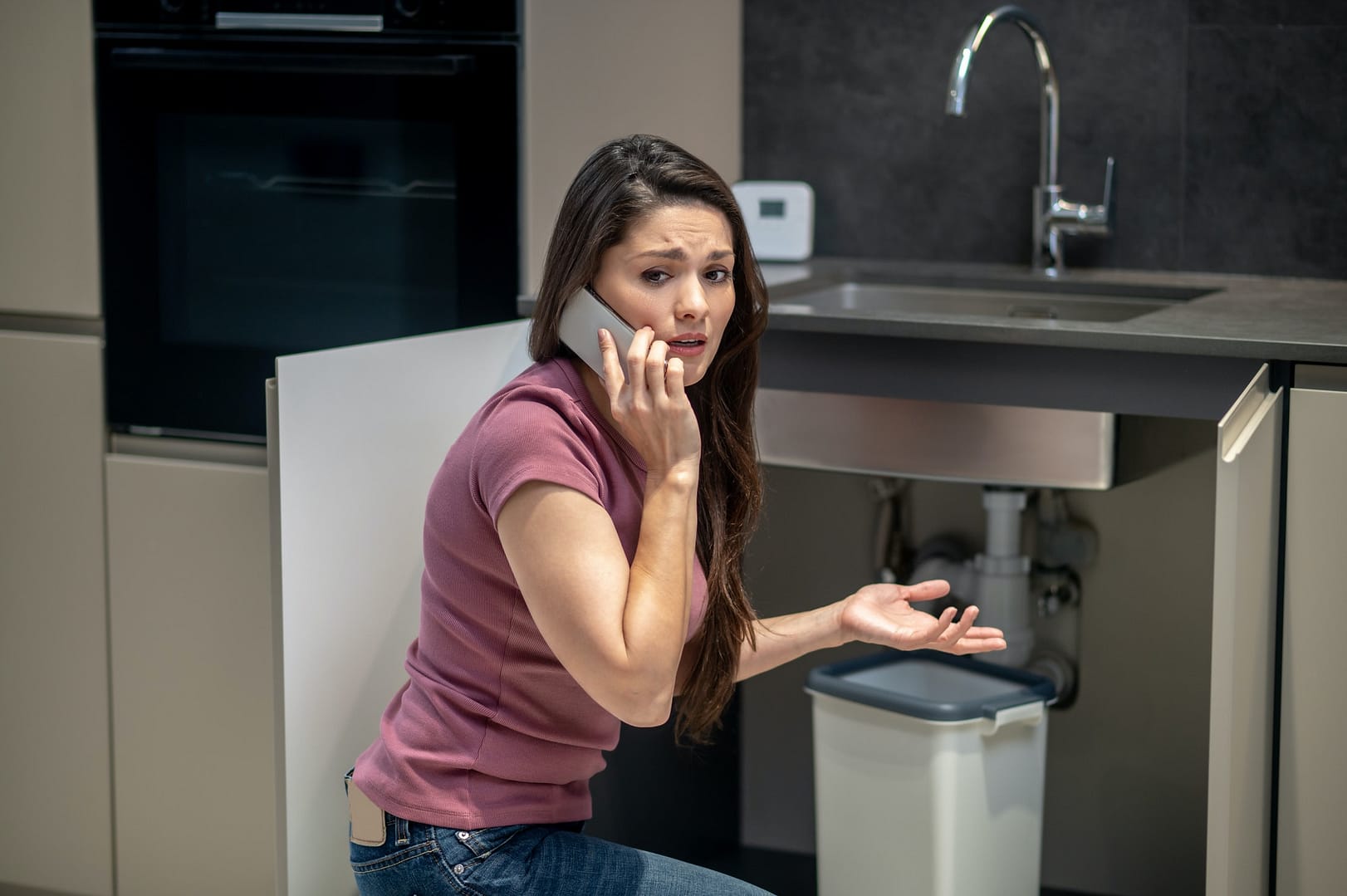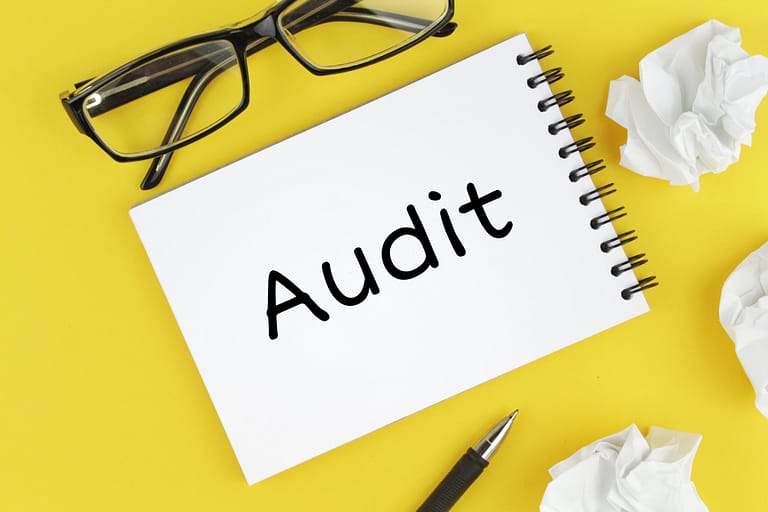Water Leak Detection and Prevention in Dallas Homes
When it comes to Dallas homes, detecting and preventing water leaks is crucial. Hidden leaks can cause extensive damage and lead to mold growth. By being proactive and using non-invasive detection methods, you can save yourself from costly repairs.
Keep an eye out for warning signs such as rushing water sounds or unexplained increases in water usage. These clues can help you catch leaks early and protect your home from water damage.
Key Takeaways
Water leaks in Dallas homes can lead to significant damage and mold growth. Detecting and preventing these leaks is essential to avoid costly repairs. Keep an eye out for warning signs such as rushing water sounds or unexplained increases in water usage. These clues can help you catch leaks early and protect your home from water damage. Using non-invasive detection methods can be proactive in preventing water leaks. Early detection is key to avoiding extensive damage and mold growth in your home.
Common Water Leak Sources
Water leaks can occur from various sources in your Dallas home, such as pipe connections, fixtures, toilets, and appliance supply lines. Detecting and addressing leaks promptly is essential to prevent water damage and high water bills.
Keep an eye out for signs of water leakage, like dampness, water stains, or unexplained increases in water usage. In Dallas, plumbing systems are prone to wear and tear, so regular leak detection is vital.
Inspect pipe connections for corrosion or damage, and check fixtures like faucets and showerheads for drips or steady leaks. Monitor your toilets for running water or leaking tanks.
Staying proactive in leak detection helps safeguard your home from potential water damage and maintain an efficient plumbing system.
Signs of Water Leaks
If you smell dampness or mold in your home, it could mean there's a water leak.
Also, if your water bill has gone up without a clear reason, it's worth checking for possible leaks.
Watch out for these signs as they might indicate hidden water damage in your home.
Damp or Moldy Odor
If you live in Dallas, it's important to watch out for musty smells in your home, as they could be a sign of water leaks. These odors or the presence of mold and mildew might indicate hidden leaks that could cause structural damage.
If you notice a damp or moldy smell in specific areas of your house, it could be a sign of a concealed water leak. Unexplained water pooling in your yard could also lead to a damp or moldy smell, indicating an underground leak that needs attention.
Warped floors, walls, or furniture due to hidden water damage can also give off a musty smell. If you observe any of these signs, it's crucial to conduct proper water leak detection to address the issue before it worsens.
Additionally, these hidden leaks could result in an increased water bill.
Increased Water Bill
If you notice a sudden and unexplained increase in your monthly water bill, it might be a sign of a hidden water leak. This unexpected surge in your water expenses can be frustrating and worrying.
Dealing with the financial strain of higher water bills due to undetected leaks can lead to stress and anxiety, affecting your peace of mind. It can leave you feeling helpless and unsure about how to tackle the issue, prompting a need for quick solutions.
The fear of potential damage to your home and belongings may also weigh heavily on your mind, leading you to seek reassurance and support from leak detection or plumbing services in Dallas. Taking action when a leak occurs can bring relief and a sense of control over the situation, easing your uncertainty.
Now, let's talk about why leak detection is important.
Importance of Leak Detection
Detecting leaks early in your home can save you from potential property damage and costly repairs. It also helps conserve water, which is crucial for sustainable living.
Prioritizing leak detection protects your home, finances, and the environment. For example, a small leak in a pipe can lead to mold growth and structural damage if left undetected. Additionally, water conservation is essential for ensuring a sustainable future for the planet.
Therefore, being proactive about leak detection is beneficial on multiple levels.
Early Damage Prevention
Protecting your home from potential water damage requires proactive measures such as regular leak inspections and prompt repairs. Detecting leaks early can prevent extensive damage to your home and belongings.
Addressing leaks promptly not only saves you from costly repairs but also creates a healthier living environment by reducing the risk of mold and bacteria growth.
Regular leak inspections help identify potential issues and provide peace of mind, knowing that you're taking proactive steps to ensure the long-term structural integrity of your home.
Early detection and repair of leaks are crucial for maintaining a safe and comfortable living space for you and your family.
Cost-Saving Measures
Protect your home and finances by prioritizing detecting leaks. Avoiding water damage not only saves money on repairs but also maintains the value and safety of your property. Costly water damage resulting from undetected leaks can quickly add up, impacting your budget and causing unnecessary stress.
When you invest in water leak detection and prevention measures, you can find leaks early, minimizing the potential for extensive damage and the need for expensive repairs. This proactive approach not only safeguards your financial resources but also ensures the longevity of your home and its contents.
Taking the initiative to address potential leaks promptly demonstrates responsible homeownership and protects your investment for the long term. These cost-saving measures secure your peace of mind and reinforce the stability of your household.
Promoting Water Conservation
Conserving water is crucial for the well-being of your community and the environment. Regular leak inspections help prevent wastage and safeguard your home and finances.
By actively participating in water leak detection and prevention, you make a meaningful impact on sustainable living for future generations. Taking proactive measures to prevent leaks demonstrates your commitment to responsible homeownership and caring for the environment.
Embracing water conservation practices creates a sense of belonging to a community that values sustainability and the preservation of natural resources. Prioritizing leak detection and prevention in your Dallas home contributes to a collective effort to reduce water waste and protect our planet's most precious resource.
Prevention Tips
Regularly check your bathrooms, kitchens, and basements for any issues to prevent leaks.
Here are some additional tips to protect your Dallas home from plumbing problems:
- Monitor Water Meters: Keep an eye on your water meters to spot any unusual activity, which might indicate a hidden leak.
- Seal Cracks and Gaps: Inspect and seal any cracks or gaps in your home's foundation to stop water from seeping in.
- Maintain Gutters: Ensure your gutters are clean and allow proper drainage to prevent water from gathering near your home's foundation.
Professional Leak Detection Services
Dealing with potential water leaks in your Dallas home? Consider hiring professionals who specialize in advanced leak detection methods.
Here are a few reasons why professional leak detection services are worth it:
- Peace of mind: You can relax knowing that experts are managing the water leak detection process.
- Prompt identification and repair: Professionals will quickly find and fix any leaks in your water line, preventing potential damage to your home.
- Long-term effectiveness: You can trust the solutions provided by professional leak detection services to be effective in the long run.
Saving Water in Dallas Homes
Water conservation in Dallas homes is crucial for both preserving the environment and reducing utility costs. To prevent water leaks and damage, homeowners should regularly check their water meters for any unusual fluctuations, which can be a sign of a potential leak. Additionally, be vigilant for water stains on walls, ceilings, or floors, as these could indicate hidden leaks.
Simple actions like fixing dripping faucets, using water-efficient appliances, and taking shorter showers can all contribute to water conservation. In terms of prevention, homeowners can invest in advanced water leak detection techniques such as pressure testing and thermal imaging to identify and address leaks early on.
Frequently Asked Questions
How Do I Find a Hidden Water Leak in My House?
To find a hidden water leak in your house, you can use various methods such as thermal imaging, moisture meters, pressure testing, and visual inspection. If you prefer a do-it-yourself approach, you can monitor the water meter and check areas that are susceptible to leaks. These techniques are crucial for identifying and addressing water leaks, preventing potential damage and reducing water wastage in your home. For instance, regularly monitoring the water meter can help detect unusual spikes in water usage, indicating a possible leak that needs attention. Similarly, performing visual inspections in areas such as under sinks, around toilets, and near water heaters can reveal signs of water leakage, such as dampness or mold growth, prompting timely repairs. These proactive measures can save you money on water bills and prevent structural damage caused by hidden leaks.
How Do I Find Out Where My Water Is Leaking From?
To find out where your water is leaking from, you have to act like a detective for your home. Start by conducting a thorough plumbing inspection. Use leak detection tools to uncover hidden leaks, and make sure to conserve water. It's also essential to maintain your home properly to prevent future issues. Remember, staying proactive can save you from costly water damage in the long run.
How Do Plumbers Detect Water Leaks?
Plumbers use various techniques to detect water leaks. They employ electronic equipment such as sensitive audio devices and waterproof video cameras. Additionally, they conduct pressure testing and visual inspections to precisely and efficiently locate hidden leaks. These methods are crucial in identifying and addressing water leaks to prevent further damage.
How to Do a Water Leak Test in the House?
If you want to check for water leaks in your house, start by inspecting your plumbing thoroughly and doing some do-it-yourself moisture testing. Keep an eye out for any signs of water damage, and if needed, consider using specialized leak detection equipment for more accurate results. This is especially important as water leaks can lead to serious damage and costly repairs if left unchecked.







